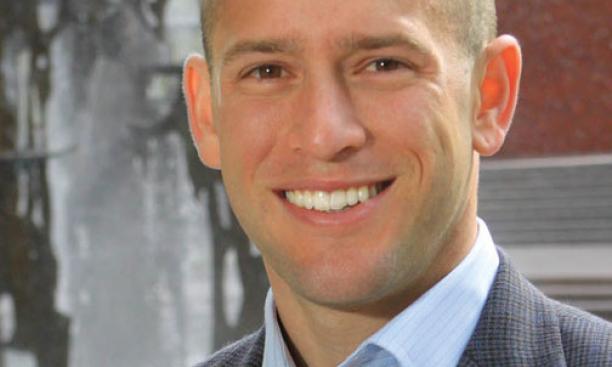

Jacob N. Shapiro, an assistant professor of politics and international affairs, co-founded Princeton’s Empirical Studies of Conflict Project. His work focuses on terrorism and political violence, aid, and security policy, subjects he began to contemplate between 1998 and 2002, while serving as a surface-warfare officer in the Navy and helping to enforce U.N. resolutions in the Persian Gulf. He spoke to PAW in March, shortly after the 10th anniversary of the beginning of the war in Iraq.
What did we accomplish in our 10 years in Iraq?
I think it’s very hard to judge the war a success. The net outcome of it has been massive opportunity costs, not just in terms of the lives destroyed among U.S. citizens and contractors and soldiers who worked over there, but also in terms of things that weren’t done because the government was focused on fighting the war in Iraq. The strategic gain, as far as I can tell, is fairly negligible, in the sense that you’ve probably reduced the incentives for Iran to cooperate with the West by removing a major enemy of theirs. Objectively, there’s been no gain in terms of increased access to natural resources or increased leverage over potential foes in the region.
If you think about the conflict in Afghanistan, the opportunity costs of diverting planning resources, soldiers, and intelligence resources from Afghanistan are just massive. Imagine a world in which you don’t invade Iraq, and don’t — in mid- or early 2002 — begin moving intelligence assets out of Afghanistan: Maybe you don’t have a resurgent Taliban, maybe you pick up the trail of Osama Bin Laden five, 10 years earlier than we did. You don’t have seven or eight years of the promises of justice going unmet and the effect that has on the national psyche and our politics. When you start to spin out the scenarios of what could have been done with those resources, the world looks like a very different place.
What lessons from Iraq might be applicable in other places?
I think there are two lessons we shouldn’t learn and three that we should. The two lessons we shouldn’t learn are that all interventions will turn out the way this one did, and we shouldn’t leave with the sense that militarily, things can be turned around solely by U.S. action. There’s a narrative about what happened in 2006–07 that says it was the change in what the U.S. was doing that was critical. That’s wrong. There was a fortuitous coincidence between changes the U.S. was making and local political changes.
The three things we should learn: One is that enabling civilian cooperation with government authorities is critical and maybe as important as actually killing and capturing bad guys. The second is that in the context of contingency operations like this, where you’re doing aid projects, we should keep them small and secure and make them things that will provide value only if the government that we’re trying to support remains in power, because then they create strong incentives for people to cooperate and become part of the governing coalition.
The last thing is that sometimes protecting people from their own government is the key to getting them to cooperate. A big and relatively untold part of what U.S. forces did in Iraq in 2007 was protecting Sunni units that had switched from the insurgency to cooperate against the insurgency from the Shia-dominated Iraqi army. They could cooperate because they were protected by the presence of U.S. soldiers. You have to maintain that long enough that the potential violence between them and the government goes down.
Are there lessons for us at home?
The big thing to highlight is just the striking failure in the runup to the war of our political discourse, of media and the political opposition. One interpretation of events is that for about 12 months you had a concerted campaign of slinging falsehoods and poorly thought-out arguments in favor of an action that was not well planned. And the political system didn’t stop it. The media fell down, the political system fell down, and frankly the process within the government proved that it wasn’t as robust as we would like.
— Interview conducted and condensed by Merrell Noden ’78
